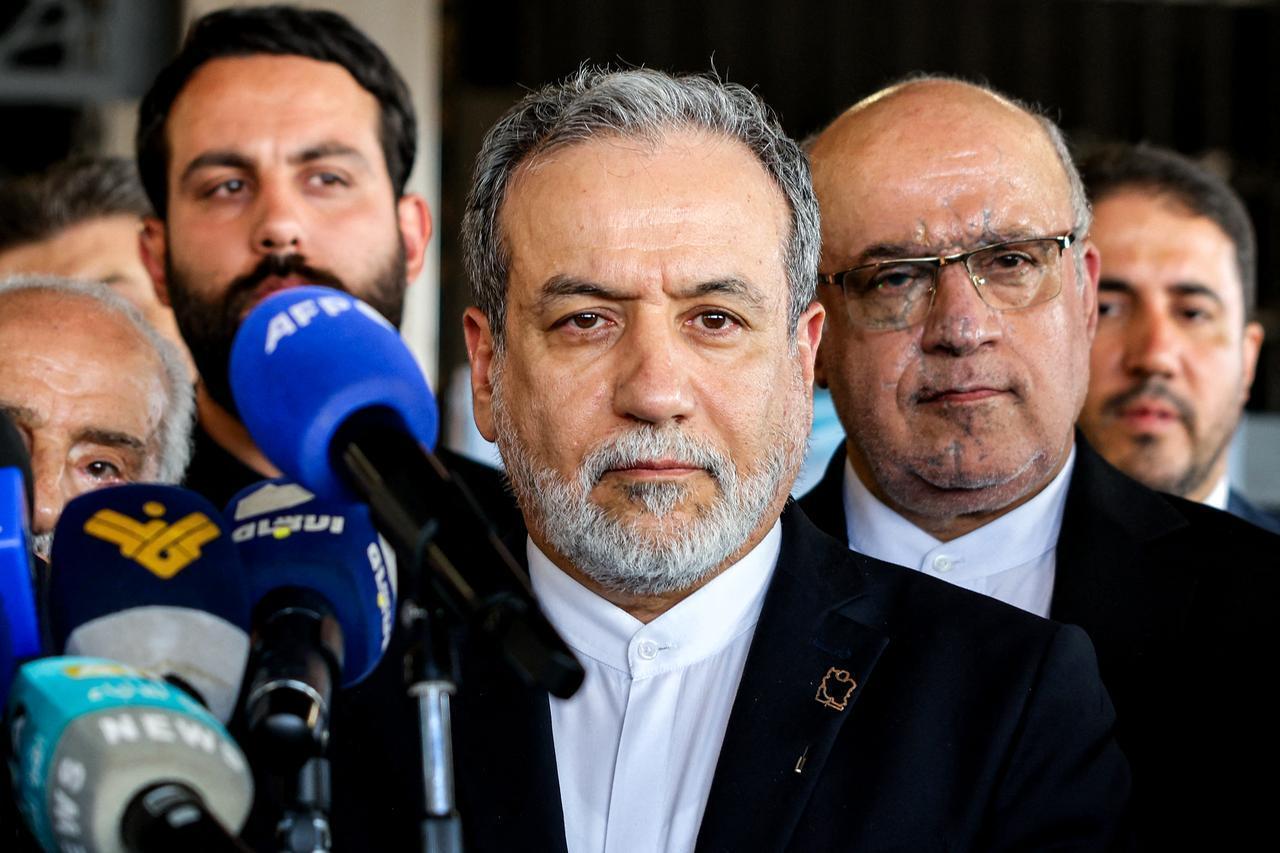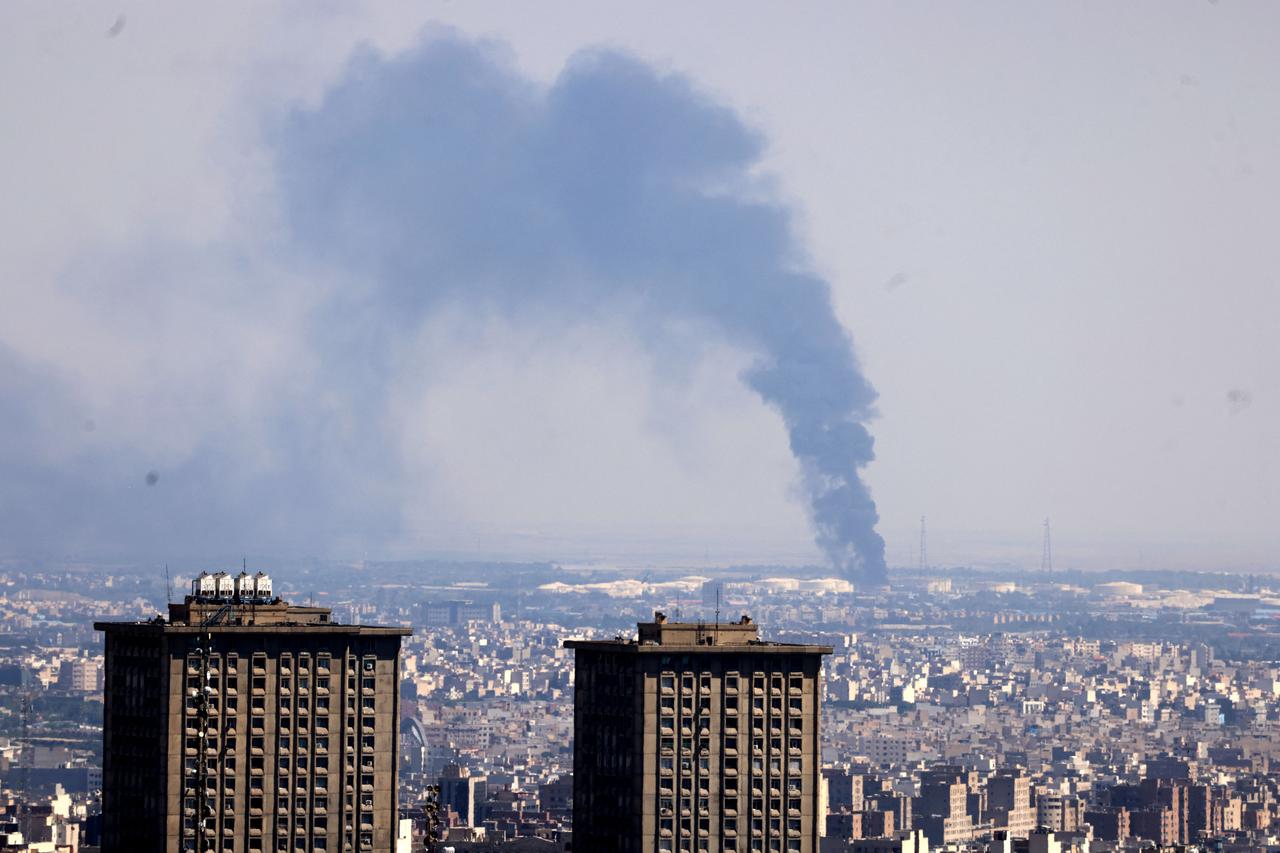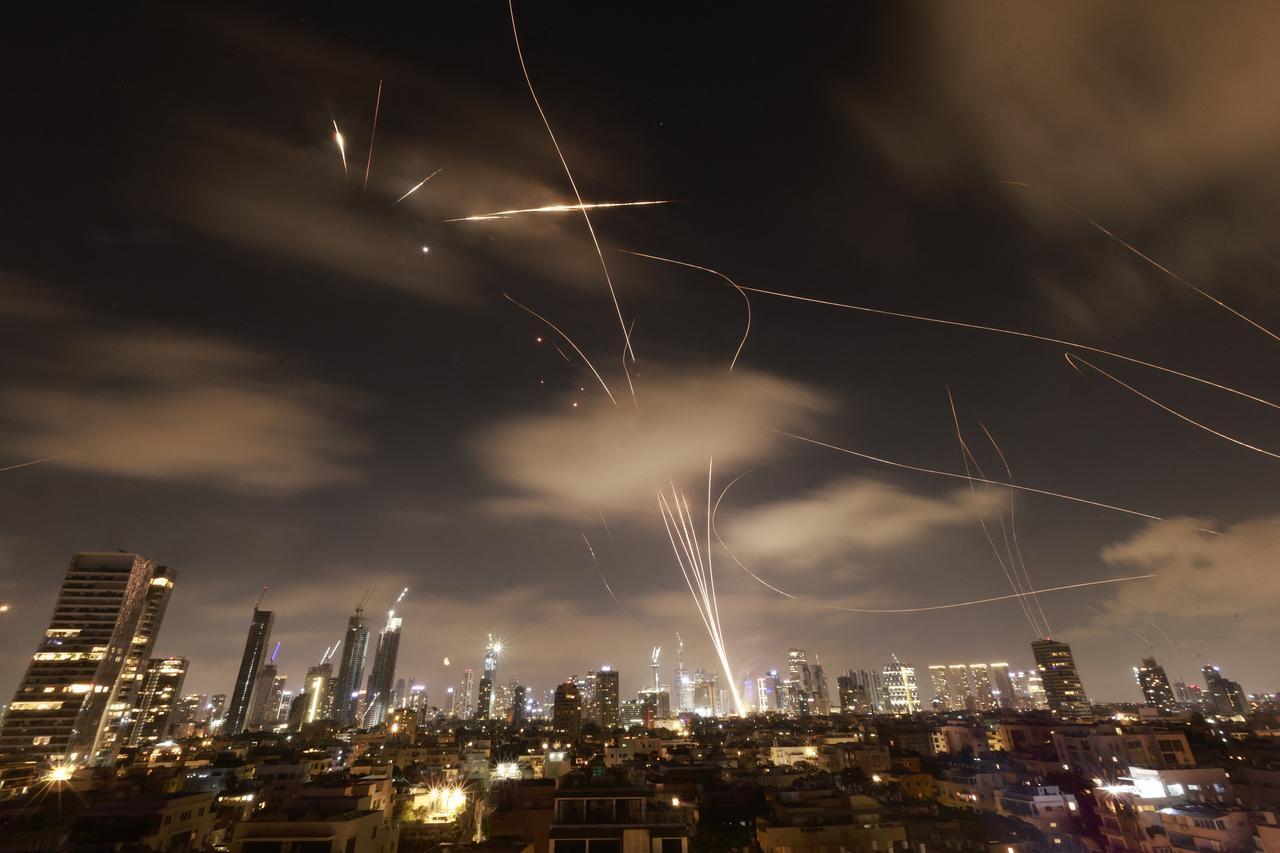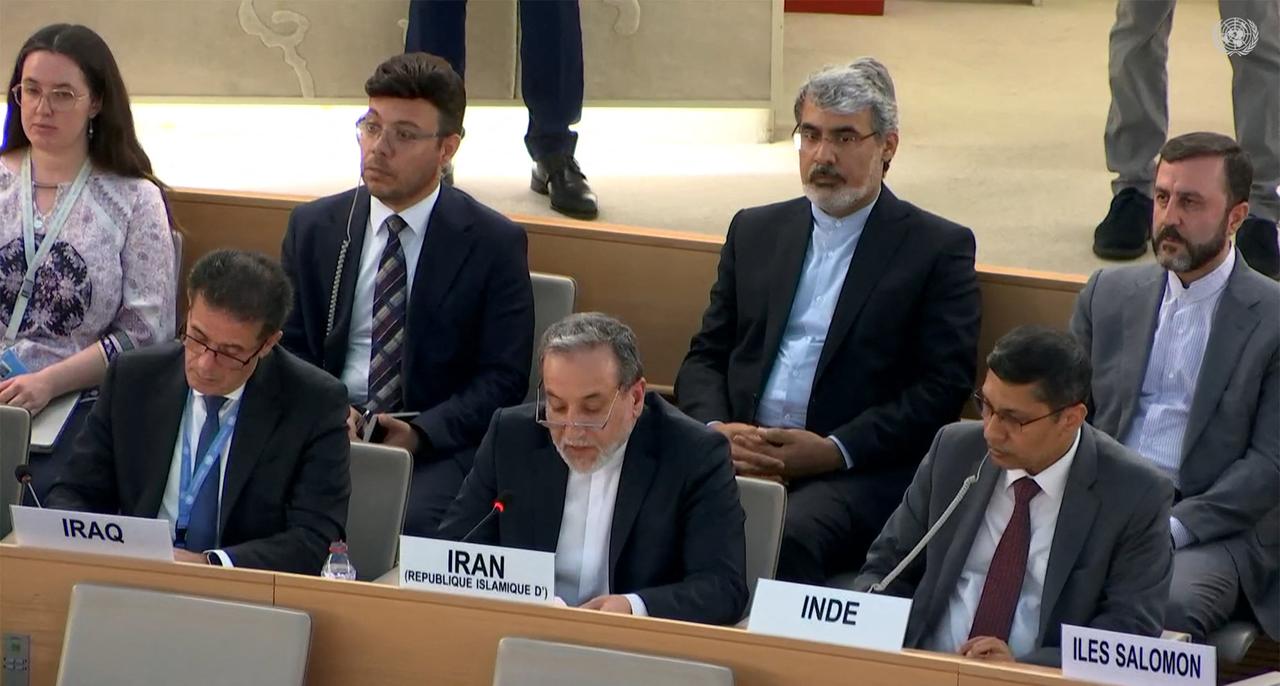
Iran's foreign minister expressed deep skepticism Friday about whether the United States can be trusted in diplomatic negotiations, saying recent Israeli airstrikes may have been conducted under the cover of planned talks between Washington and Tehran.
Foreign Minister Abbas Araghchi told NBC News in an exclusive interview that Israel's aerial attack on Iran, launched just days before scheduled U.S.-Iran negotiations, raised fundamental questions about American sincerity in pursuing diplomatic solutions.
"So they had perhaps this plan in their mind, and they just needed negotiations perhaps to cover it up," Araghchi said during the Geneva interview.
"We don't know how we can trust them anymore. What they did was, in fact, a betrayal of diplomacy."
Israel conducted airstrikes against Iran last week, two days before a sixth round of U.S.-Iranian negotiations involving Omani intermediaries was scheduled to begin. U.S. officials have said the administration was not involved in the Israeli military operation.

The comments come as President Donald Trump has given Iran a two-week deadline to reach some form of agreement with the United States. White House press secretary Karoline Leavitt said Thursday that Trump would decide his next course of action within that timeframe, stating, "Based on the fact that there's a substantial chance of negotiations that may or may not take place with Iran shortly, I will make my decision whether or not to go within the next two weeks."
The Iranian foreign minister said his government remains willing to negotiate but only if Israel ceases its aerial attacks.
"We're not prepared to negotiate with them anymore as long as the aggression continues," he said.
Araghchi firmly rejected Trump's demand that Iran abandon uranium enrichment entirely, calling it "impossible" and a matter of national pride. He said he conveyed this position directly to U.S. envoy Steve Witkoff.
"I told him several times that zero enrichment is impossible," Araghchi said.
"This is an achievement of our own scientists. It's a question of national pride and dignity."

The foreign minister also criticized Witkoff's negotiating approach, saying the U.S. envoy failed to deliver on previous commitments. "I think he is a gentleman, somebody you can work with, but unfortunately, he changed his words every time we met," Araghchi said.
Despite the tensions, communication between the two sides continues through direct and indirect channels, according to Araghchi.
However, he emphasized that Iran would only engage in genuine negotiations, not "dictation."
Regarding potential military strikes on Iran's nuclear facilities, Araghchi argued that bombing could not eliminate Iran's nuclear knowledge and capabilities. "We can rebuild them, because the knowledge is here, the technology is there," he said.

The foreign minister warned Iran would retaliate against any U.S. military action, just as it has responded to Israeli attacks. "If the U.S. joins Israel in these attacks, we will do the same," he said.
Araghchi condemned Israeli threats against Iran's Supreme Leader Ayatollah Ali Khamenei as potentially "the biggest crime they can commit," while expressing confidence that Israel lacks the capability to carry out such an attack.
He also criticized Trump's recent comments about knowing Khamenei's whereabouts, calling them insulting rather than threatening.
"I'm amazed how the president of the so-called superpower can talk like this. We have always talked about President Trump respectfully," Araghchi said.
The foreign minister suggested that reviving diplomatic talks would require only a simple step from Washington: instructing Israel to halt its airstrikes.
"I think if Americans are serious about going back to diplomacy, what it needs is only a telephone call from Washington to Tel Aviv to stop everything," he said.
Araghchi, who served as a key negotiator for the 2015 nuclear agreement that Trump abandoned during his first presidency, emphasized Iran's historical independence and resilience.
"We are a great nation. We have lived... for thousands of years in that place. We have never been a colony of any other power," he said.
The interview took place in Geneva, where Araghchi had been meeting with European diplomats about the ongoing crisis in U.S.-Iran relations.